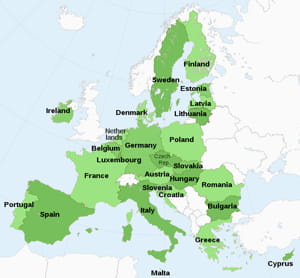There are many mistakes in the G7 agreement to put a cap on Russian oil. The first one is that it does not hurt Russia at all. The agreed cap, at $60 a barrel, is higher than the current Urals price, above the five-year average of the quoted price and higher than Rosneft’s average netback price.

According to Reuters, “the G7 price cap will allow non-EU countries to continue importing seaborne Russian crude oil, but it will prohibit shipping, insurance, and re-insurance companies from handling cargoes of Russian crude around the globe, unless it is sold for less than the price cap”. This means that China will be able to purchase more Russian oil at a large discount while the Russian state-owned oil giant will continue to make a very healthy 16% return on average capital employed (ROACE) and more than 8.8 billion roubles in revenues, which means an EBITDA (earnings before interest, taxes, depreciation and amortization) that more than doubles its capex requirements.
Continue reading The G7 Cap on Russian Oil Is a Subsidy to China

